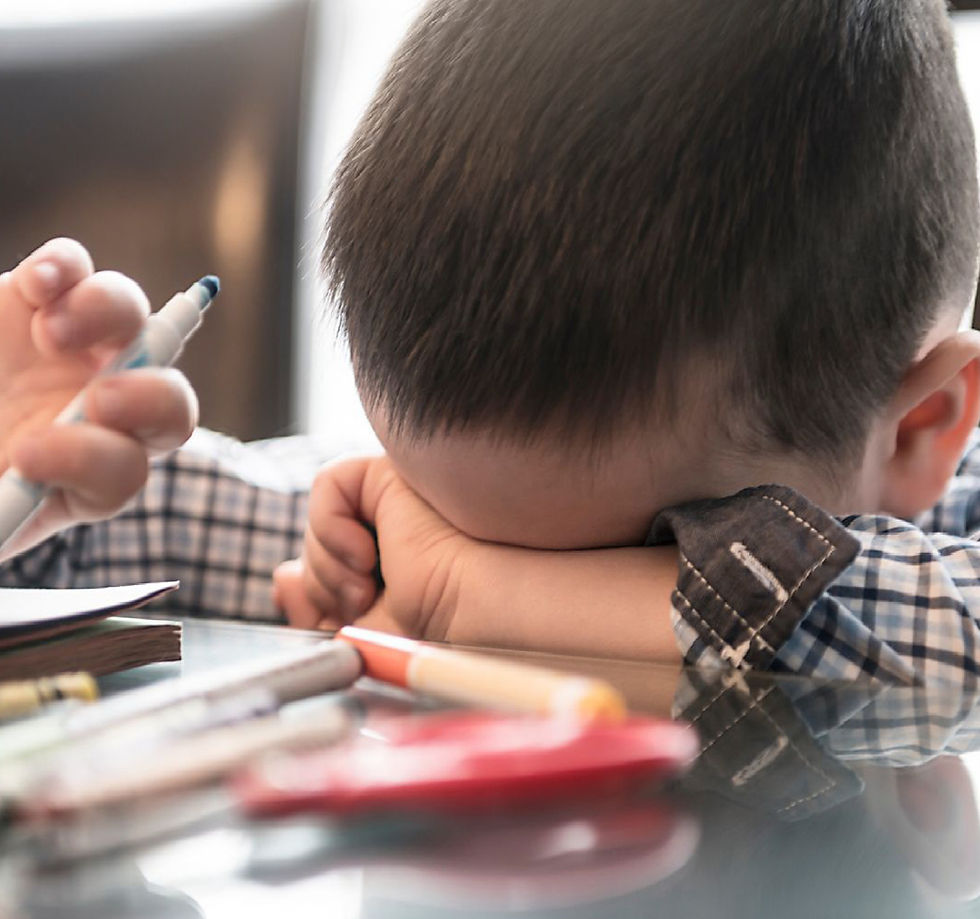Emotional Challenges Related to Dyslexia
- Aug 31, 2023
- 2 min read
Updated: Jul 29, 2025

What might a person with dyslexia feel or experience? The nature of this learning difference can lead to a variety of strong (often negative) feelings.
Research has shown that emotional challenges begin to develop when early reading instruction is not effective. People with dyslexia may develop increasing frustration, anxiety, and other wellbeing issues, as they discover that their literacy skills do not match that of their peers. Challenges related to dyslexia, such as making frequent mistakes and a perceived inability to succeed no matter how hard they try, are often misinterpreted as carelessness or laziness.
Emotional symptoms often reported by both children and adults with dyslexia are:
• Anxiety - often leads to typical reactions of fight, flight or freeze when encountering an adverse situation. It also causes avoidance of any situations that could trigger these feelings.
• Frustration and anger.
• Poor self-image – experiences children have during their first years of school have a long-term and lasting effect on their self-image. Research shows that when a student with good self-esteem succeeds, as would be the case with typical learners, they credit their own efforts for their success. When they fail, they tell themselves to try harder. On the other hand, individuals with poor self-image are more likely to attribute their success to luck.
• Depression - although most people with dyslexia are not necessarily depressed, they are at higher risk for these symptoms, usually resulting from the issues arising from poor self-image.
To be unable to achieve in the eyes of teachers and classmates, due to everyday challenges with basic literacy skills, is an excruciating struggle. Family members, teachers and the wider community need to acknowledge and celebrate the successes of people with dyslexia and the inherent talents they possess.
DyslexAbility recognises the complex task of helping individuals feel better about themselves, and helping them develop ways to effectively deal with their feelings. Every step forward, no matter the size, is rejoiced and celebrated.
Contact us at (03) 5996 6006, admin@dyslexability.com.au or www.dyslexability.com.au to see how DyslexAbility can best support you and your family.






Comments